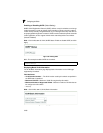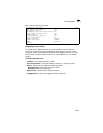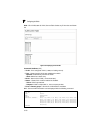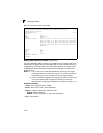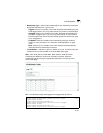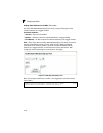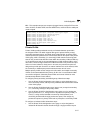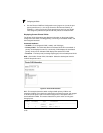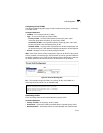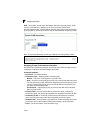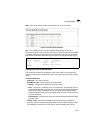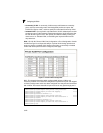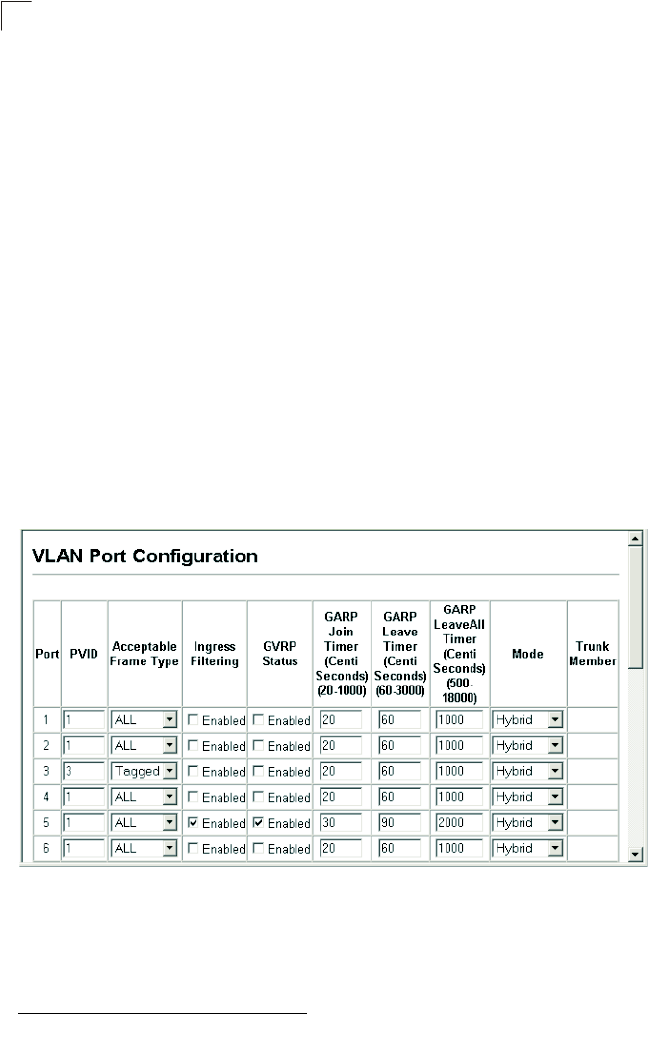
Configuring the Switch
3-116
3
• GARP Leave Timer
10
– The interval a port waits before leaving a VLAN group.
This time should be set to more than twice the join time. This ensures that after a
Leave or LeaveAll message has been issued, the applicants can rejoin before the
port actually leaves the group. (Range: 60-3000 centiseconds; Default: 60)
• GARP LeaveAll Timer
11
– The interval between sending out a LeaveAll query
message for VLAN group participants and the port leaving the group. This interval
should be considerably larger than the Leave Time to minimize the amount of traffic
generated by nodes rejoining the group.
(Range: 500-18000 centiseconds; Default: 1000)
• Mode – Indicates VLAN membership mode for an interface. (Default: Hybrid)
- 1Q Trunk – Specifies a port as an end-point for a VLAN trunk. A trunk is a direct
link between two switches, so the port transmits tagged frames that identify the
source VLAN. Note that frames belonging to the port’s default VLAN (i.e.,
associated with the PVID) are also transmitted as tagged frames.
- Hybrid – Specifies a hybrid VLAN interface. The port may transmit tagged or
untagged frames.
• Trunk Member – Indicates if a port is a member of a trunk. To add a trunk to the
selected VLAN, use the last table on the VLAN Static Table page.
Web – Click VLAN, 802.1Q VLAN, Port Configuration or VLAN Trunk Configuration.
Fill in the required settings for each interface, click Apply.
Figure 3-66 Configuring VLANs per Port
10. Timer settings must follow this rule: 2 x (join timer) < leave timer < leaveAll timer
11. Timer settings must follow this rule: 2 x (join timer) < leave timer < leaveAll timer



